The “Fragmentos” chronicle, signed by the historian Niltonci Batista Chaves, published between 2007 and 2011, returns as part of the “200 Vezes PG” project, published daily between February 28 and September 15.
Published: 08/14/2023, 00:05
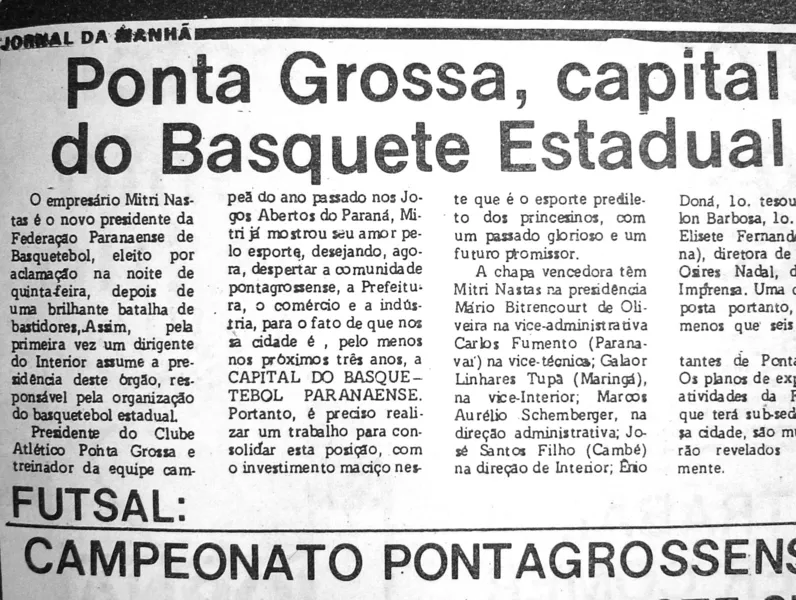
On May 1, 1987, JM published an article: “Ponta Grossa, State Basketball Capital –
The formation of sports modalities in contemporary times has not occurred solely for purely competitive reasons or because of an athlete’s taste for a particular sport. In Brazil, it was between the end of the 19th century and the beginning of the 20th that physical education programs involving gymnastics and sport developed.
These programs aimed to prepare the growing individual for professional and personal life. Sport, together with hygienic habits, must contribute to the production of healthy and strong bodies for the construction of a nation in search of progress.
Although in our country there is unanimity of recognition and preference in relation to football in all regions of the country and social classes, since this, in addition to being the sport that brings together the most spectators and supporters , is configured as a leisure practice, other sports modalities have a very significant importance in Brazil, among which basketball.
Founded in 1891 by Canadian physician and physical education teacher James Naismith at the Young Men’s Association in Springfield, basketball emerged in the United States. The long, harsh winter prevented students from enjoying outdoor sports, and physical education classes indoors became monotonous and daunting. It was then that Naismith idealized the practice of the sport which became basketball. Its inventor believed that because it was a collective modality and whose success depended on the effort of everyone in the team, there would be great possibilities to develop the physical appearance of the students and, at the same time time, educate them.
Brazil was one of the first countries to include this sport in its sports practices. In 1894, thanks to Professor Augusto Shaw, who taught arts at Mackenzie College, in São Paulo, the first basketball arrived in our country. Initially, the practice was approved by the female audience, since men were already enchanted by football, which arrived in the country in the same year.
It was in the Young Men’s Christian Association of Rio de Janeiro in the 1910s that basketball began to gain popularity, with the first tournaments and competitions being held. In 1922, for the first time, the Brazilian basketball team played, participated in the Latin American Games and were champions. In 1933, the Brazilian Basketball Federation was created, which in 1941 was renamed the Brazilian Basketball Confederation.
.
in Ponta Grossa
In our city, basketball was introduced in the 1930s, played initially on clay courts. In the following decade, the Pontagrossen Basketball League was created. For José Cantorani and Luiz Alberto Pilatti, in the 1950s, basketball had a romantic moment of great development in Ponta Grossa, when the city hosted the third state basketball championship, obtaining its third title of ‘State. During these years, the sport was consolidated, both in Brazil and in Ponta Grossa, and the Jornal de Manhã presented weekly news on the sport in the “Notícias do Basket-Ball” space. The prestige that basketball achieved in the city was not limited to these years. In the 1980s, Ponta Grossa businessman Mitri Nastas was elected president of the Paraná Basketball Federation and the city was proclaimed the state basketball capital, due to the excellent results obtained during competitions and the popularity of the sport among the population.
.
The original material, with over 170 columns, will be republished in its entirety and without change. Therefore, seeking to respect the historical content of the publications, the material will feature dated elements and discussions as these are productions with more than a decade of release. In addition to the republications, more than 20 unpublished chronicles will be published. Thus completing 200 publications.
Originally published January 2, 2011.
Chronicle signed by Amanda Cieslak Kapp, historian, doctor in history from the UFPR and professor at Unibrasil and the Federal Institute of Paraná/Campus Pinhais.

“Evil pop culture fanatic. Extreme bacon geek. Food junkie. Thinker. Hipster-friendly travel nerd. Coffee buff.”

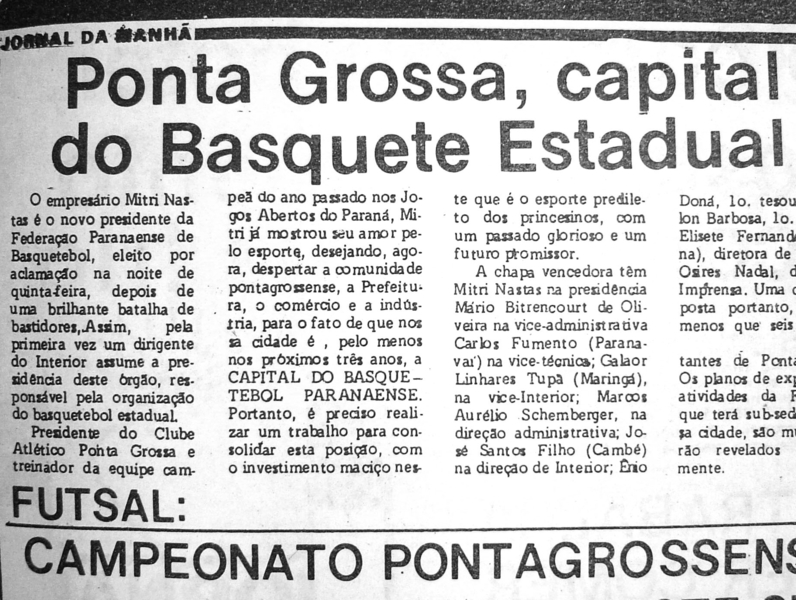
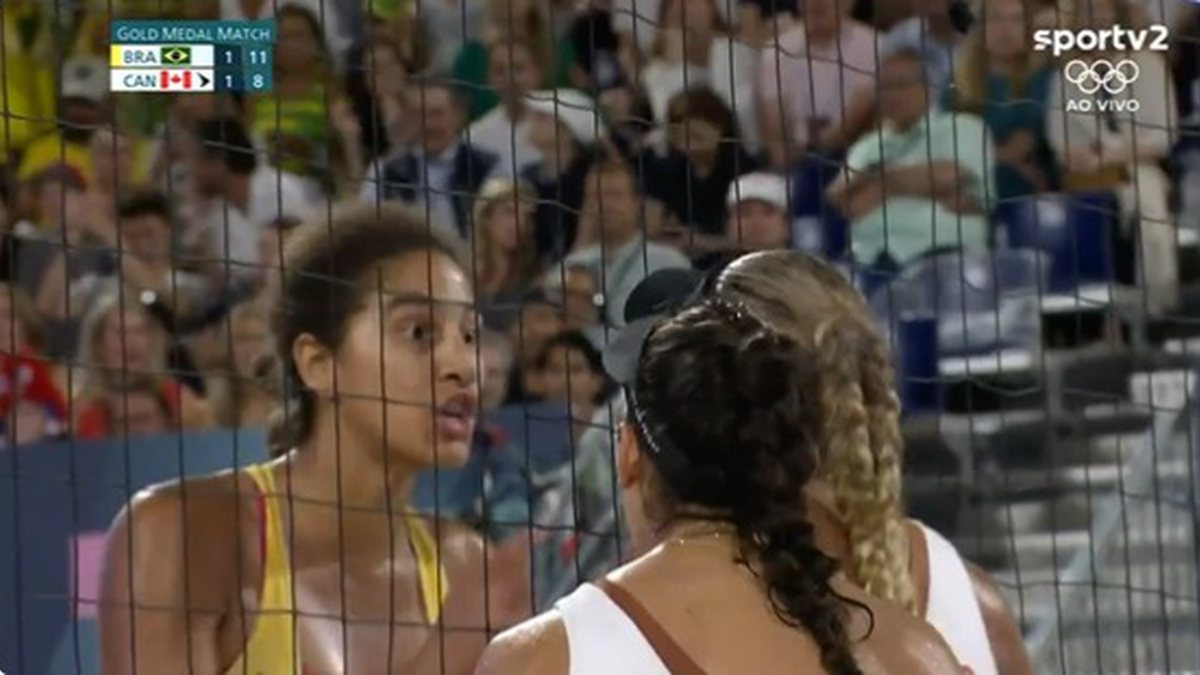
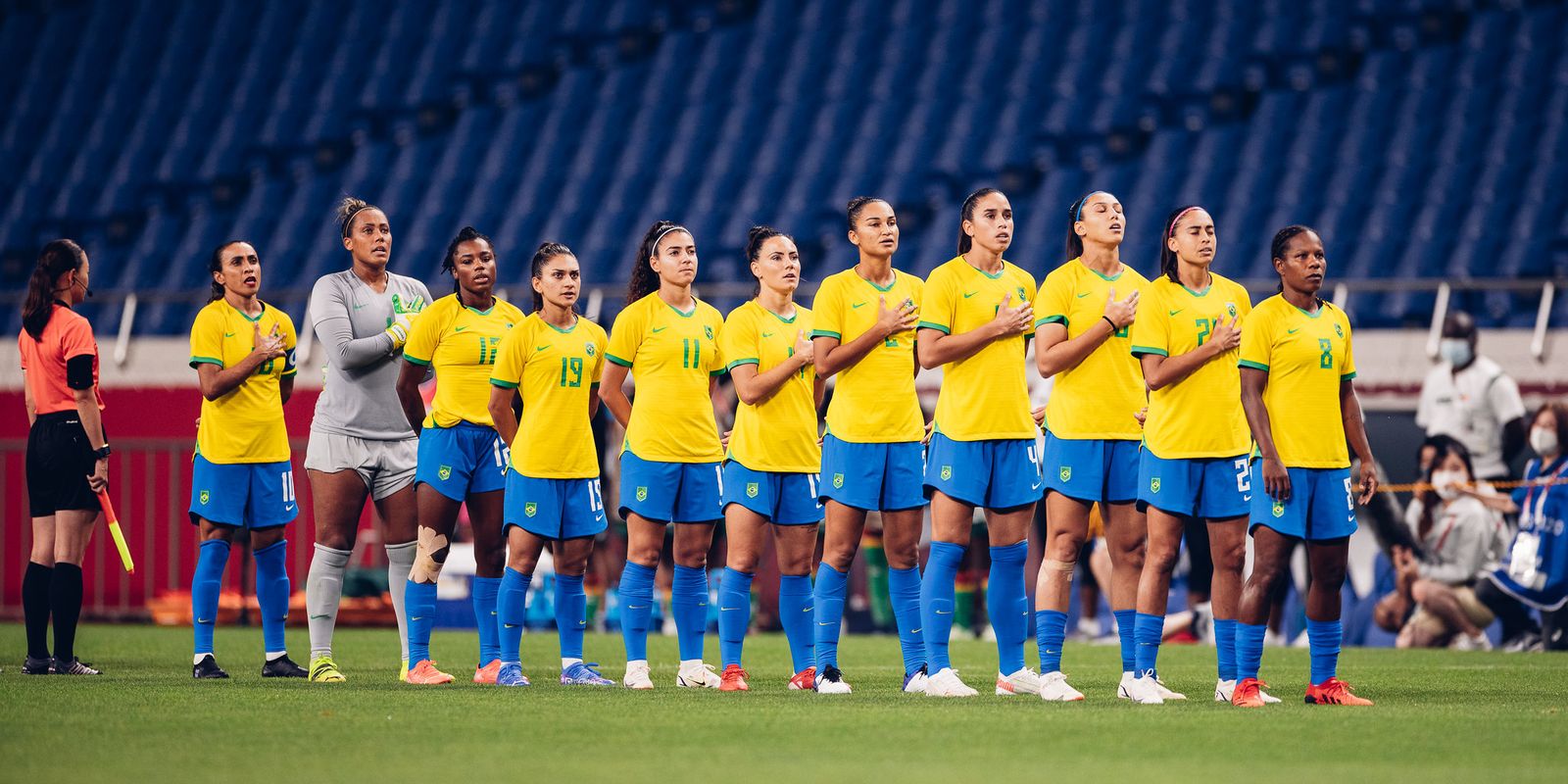
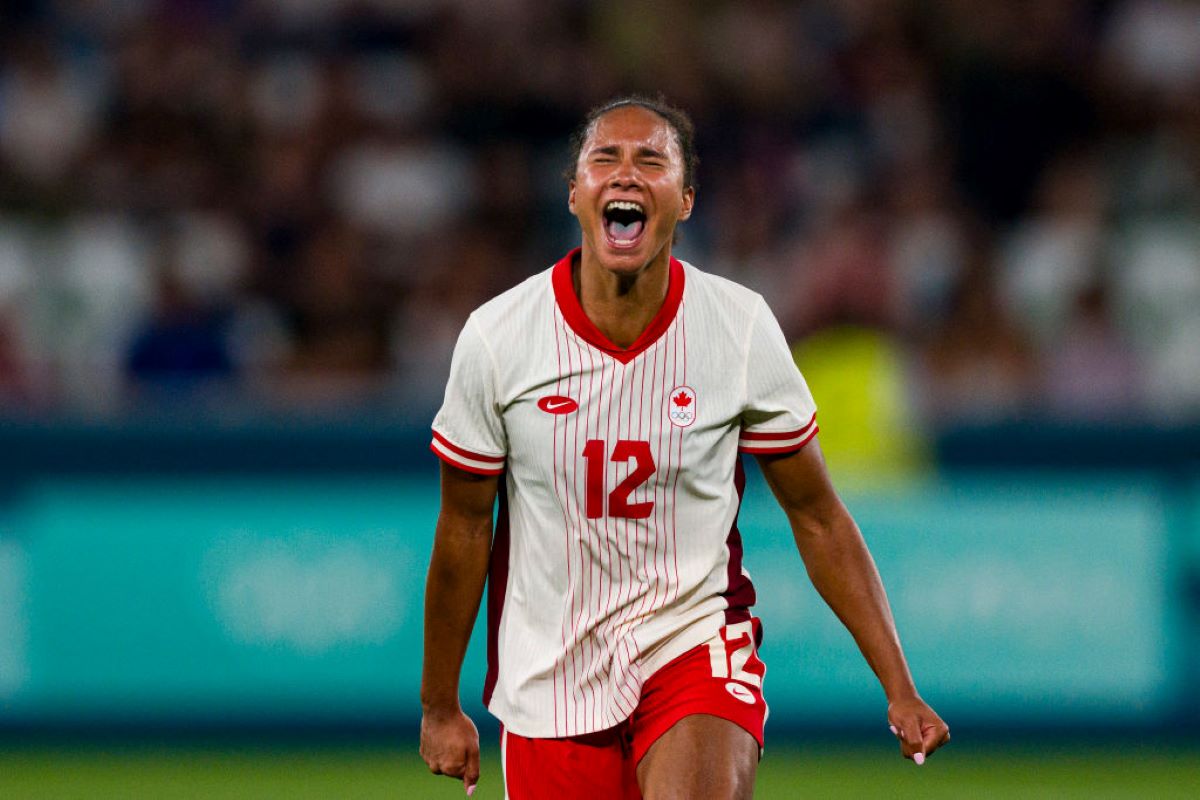
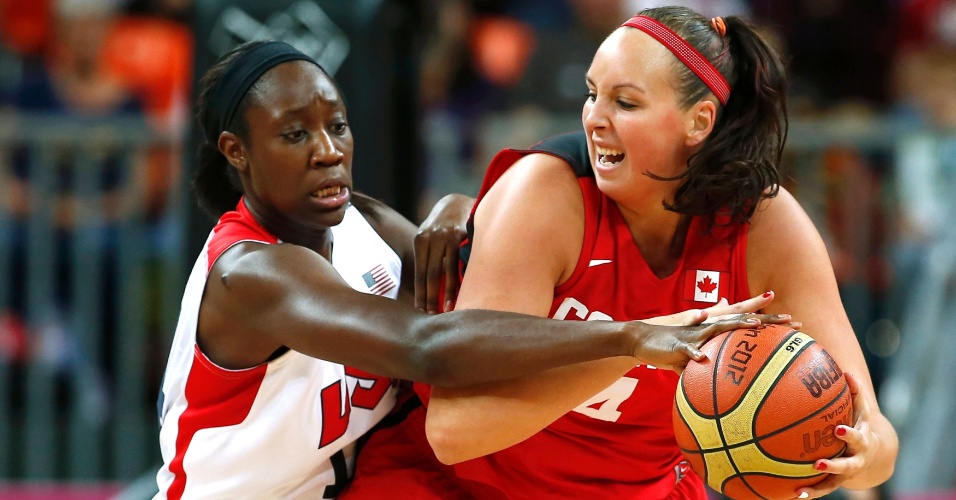
:strip_icc()/i.s3.glbimg.com/v1/AUTH_da025474c0c44edd99332dddb09cabe8/internal_photos/bs/2024/x/2/N6XJkFRYWxJY6hAeUEtw/betty2.png)
